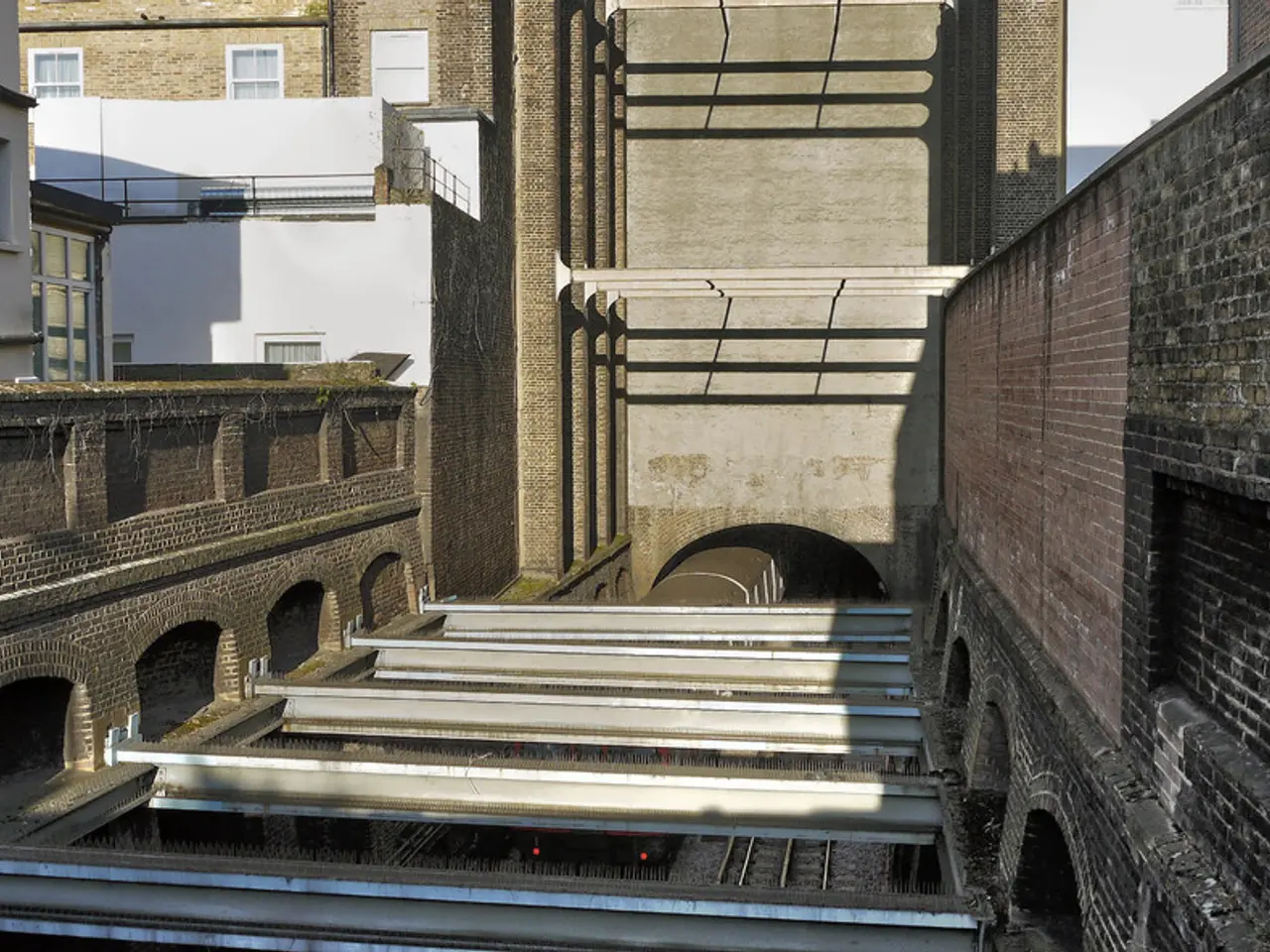Demands of Trade Unions from Political Parties for the German Federal Elections in Dusseldorf
In the lead-up to the 2025 German Bundestag election, various trade unions in Düsseldorf have voiced their concerns and demands for change, particularly in the areas of education, public services, and industry.
Dr. Sylvia Burkert, Chairwoman of GEW Düsseldorf, has called for a sustainable education offensive and a special fund for education to address the high investment backlog in the education sector. She highlights that North Rhine-Westphalia (NRW) lags behind the national average in education spending.
Dirk Jehle, chairperson of ver.di local association Düsseldorf, emphasises the importance of public service in society, advocating for a fairer financing of the commonwealth with the wealthy contributing more to the financing of public tasks.
IG Metall Düsseldorf-Neuss, on the other hand, is focusing on the industry sector. Dinah Trompeter, the managing director, calls for a strong, future-oriented, and successful industry in Germany and Europe. She highlights that around eight million jobs in Germany depend directly on the industry. Thomas Neumann, District Leader of IG BCE Düsseldorf, adds that the climate-friendly modernization of industry is a century's challenge.
Urgent political impulses are needed, according to IG Metall Düsseldorf-Neuss, including investments in public infrastructure, a transformation fund of 600 billion euros, reform of the debt brake, and a fair tax system and competitive energy prices.
Sigrid Wolf, chairperson of DGB Düsseldorf, urges people to vote union ahead of the upcoming federal election. She emphasises the importance of strengthening workers' rights, social justice, and societal cohesion.
However, specific positions regarding the Düsseldorf trade unions' demands, especially concerning broadening the concept of solidarity and strengthening workers' rights, are not detailed in the available election data or party statements from the current sources. The main parties announcing for the election include CDU/CSU, SPD, AfD, Bündnis 90/Die Grünen, and Die Linke. The current available election results primarily focus on vote shares and seat distributions but do not specify party stances on these trade union demands.
In conclusion, trade unions in Düsseldorf are advocating for significant changes in education, public services, and industry, emphasising the need for urgent political action. While the specific positions of the major political parties on these demands are yet to be clearly defined, the trade unions are urging voters to consider these issues when casting their votes in the upcoming federal election.








